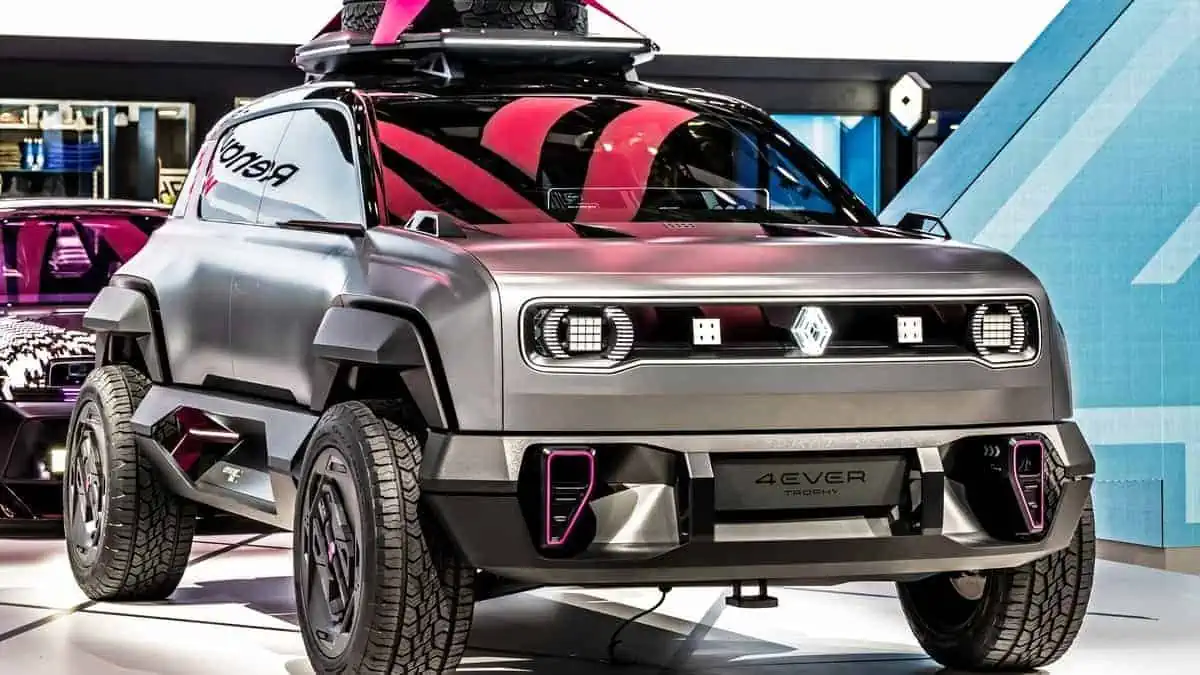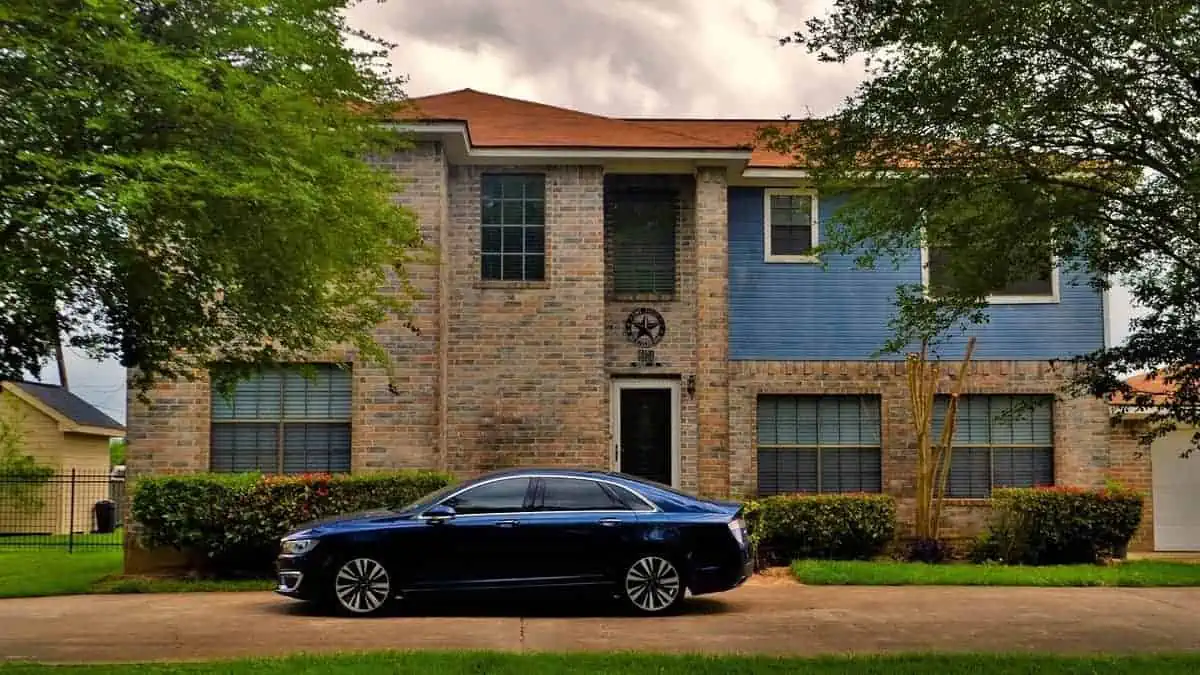Electric vehicles save money on operational (fuel) and other maintenance costs. They are known to be less expensive to run and own over years of ownership.
However, the battery costs keep EVs’ prices higher than their gasoline-powered counterparts, as reported by The Hill. These EV batteries, commonly made of lithium, cobalt, and nickel, are in high demand.
How battery raises EV price?
While the price of electric vehicles varies, they report as more expensive than traditional gas-powered vehicles. The additional cost of EVs is primarily due to the battery.
“Consumer Reports found in 2020 that electric vehicles can cost 10 and 40 percent more than similar vehicles. But the reports noted that consumers typically save between $6,000 and $10,000 on fuel and other costs throughout their electric car ownership.”
Hill
On top of that, Finance Buzz also provided ten reasons why electric vehicles are expensive.
● Cost of Research. Developing EVs from scratch costs a fortune. There is a higher cost for research and development in electric vehicles than in traditional vehicles.
● Lack of competition. Fewer competitors in the market mean higher prices for EVs. However, as more manufacturers enter the EV industry, prices should come down eventually.
● Production economies of scale. It means that the more of something you have made, the cheaper it is to make each item. Manufacturers have noted to make more regular vehicles than they do with EVs, so standard vehicles are less expensive.
● Inertia. Consumers have claimed to be used to paying more, and it is willing to spend more for EVs. It could disrupt the inertia if a manufacturer or competitor enters the market with a lower-priced vehicle.
● They’re seen as luxury items. Some people who purchase EVs deem them luxury items or a symbol of status and are willing to pay more.
● Expensive lithium batteries. Lithium-ion batteries cost more in materials than the batteries used in regular and hybrid vehicles.
● Insurance costs are higher. Insuring an EV is more expensive than insuring a standard vehicle. For instance, replacing a battery of an EV can cost up to $15,000. It is essential to look for the best car insurance.
● More energy and time managing charging the vehicle. The time and energy poured into keeping an EV charged and ready to be driven are significantly higher than filling the tank of a regular car in under 3 minutes.
● Installation costs for Level 2 chargers. It costs around $2,000, which adds to the entry costs of using an EV.
● Tax credits aren’t for everyone. The tax credits have in claimed to only be for the first 200,000 vehicles sold by each manufacturer. For instance, General Motors and Tesla have already sold more than 200,000 vehicles, so there are no longer tax credits available for purchasing an EV in either of the brands.
“Consumers are experiencing sticker shock when they go into EVs, though, as the average price of an EV is $56,437, compared with the $33,390 average price of a hybrid vehicle, and the $42,804 average price of a regular full-size car.”
Finance Buzz
See Also:
- Rivian cuts 6% of its workforce for the second time in less than a year amid EV price war
- Australia’s update EV prices range from the most affordable to the most expensive
- CES 2023: Higher EV prices force Stellantis to cut cost
- Tesla cuts EV prices in China by up to 9% as analysts warn of ‘price war’
- Tesla vs. ICE: Second-hand EV prices increased 5X more than combustion-powered cars in July
As battery technology continues to improve and production volumes increase, the cost of EVs has to continue to come down in the future, making them more accessible to a broader range of consumers.






